Trump's classified documents trial in Florida indefinitely postponed
- Published

The Florida trial is now unlikely to begin - let alone be resolved - before the November election
A judge has indefinitely postponed Donald Trump's federal trial in Florida over his alleged mishandling of classified documents while in office.
US District Judge Aileen Cannon said that setting a trial date before resolving significant questions over trial evidence would be "imprudent".
Her court order on Tuesday cancelled the 20 May 2024 start date she had previously set for the proceedings.
The trial is now unlikely to begin before the 5 November US election.
Mr Trump's lawyers have proposed that the trial be held after his presidential rematch with Joe Biden, his successor in the White House. Prosecutors meanwhile have pushed for it to take place this year.
But the 20 May date set by Judge Cannon appeared less and less likely to hold amid slow-moving deliberations over multiple pre-trial issues.
The former president is accused of keeping top-secret documents in his possession after leaving office, rather than returning them to the National Archives as prescribed by law.
Government prosecutors have also alleged that he then obstructed efforts to take back the documents, including by plotting to erase security video at his Mar-a-Lago estate in Florida.
Mr Trump has denied any wrongdoing and has pleaded not guilty to the 40 felony counts against him, which range from conspiracy to obstruct justice to making false statements.
Also charged alongside him are his personal aide Walt Nauta and Carlos de Oliveira, a property manager at Mar-a-Lago. Both men have also pleaded not guilty.
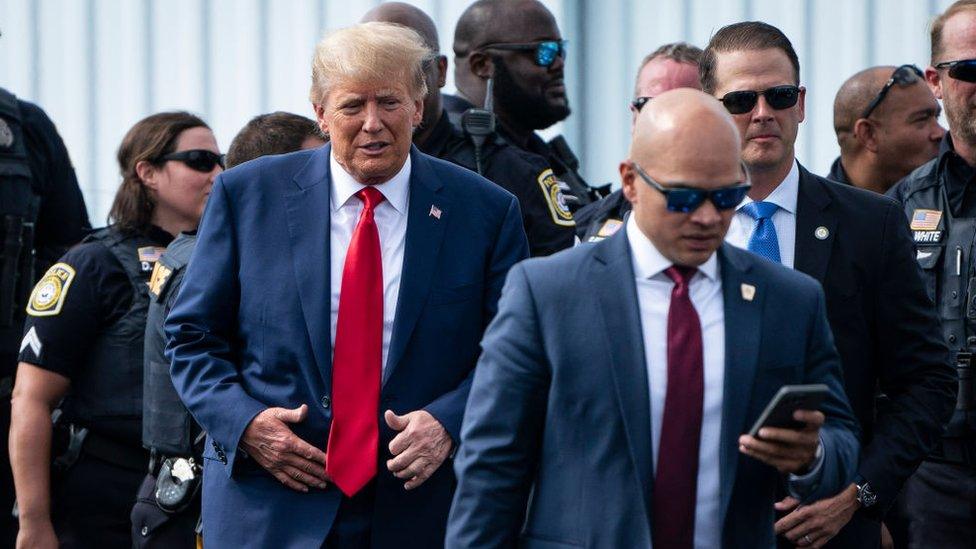
Trump is charged alongside his aide Walt Nauta (right) and Mar-a-Lago property manager Carlos de Oliveira
Defence lawyers and prosecutors have repeatedly tussled in court over what classified evidence can be presented at trial, prompting a series of delays.
Some legal commentators have also suggested that Judge Cannon, who has often sided with Mr Trump's arguments, is deliberately slow-walking the case on behalf of the man who appointed her to the court.
In her Tuesday filing, the judge scheduled additional hearings over pending concerns, including one in late July, and declined to set a new date for the trial to begin.
Finalising a trial date at this juncture, she wrote, "would be imprudent and inconsistent with the Court's duty to fully and fairly consider the various pending pre-trial motions before the Court".
"The Court therefore vacates the current May 20, 2024, trial date (and associated calendar call), to be reset by separate order following resolution of the matters before the Court," she added.
Carl Tobias, a law expert at the University of Richmond, said that Judge Cannon had failed to act to limit the "delay tactics" of Mr Trump's team.
"Some complications and delays may have been inevitable... but the judge's failure to take control and move the case, or to request help is surprising," he said.
Mr Trump, the presumptive Republican nominee for president, is facing dozens of charges across three other criminal cases and is currently on trial in New York.
But he is also awaiting a Supreme Court ruling on his claims of presidential immunity, a decision he has argued could influence all the criminal cases against him.
Related topics
- Published28 August 2024
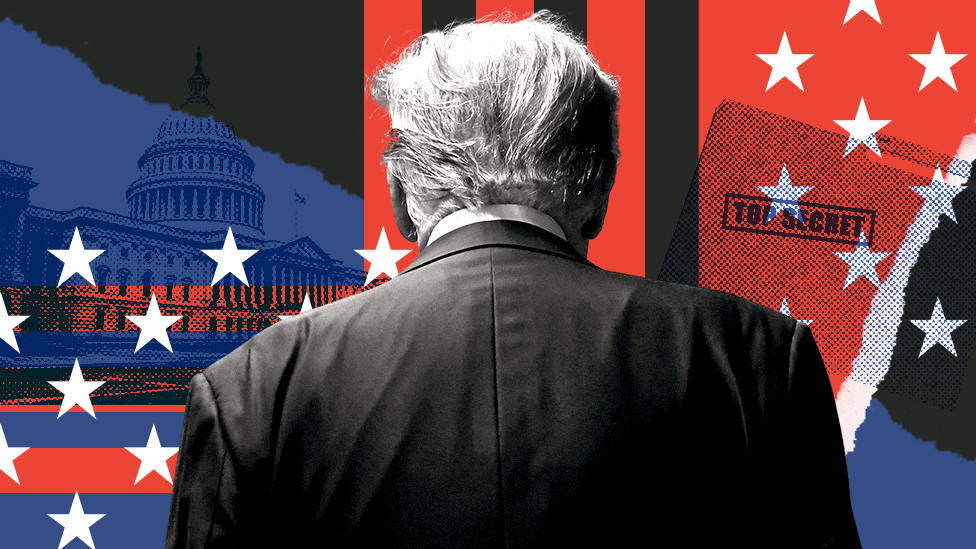
- Published12 June 2023
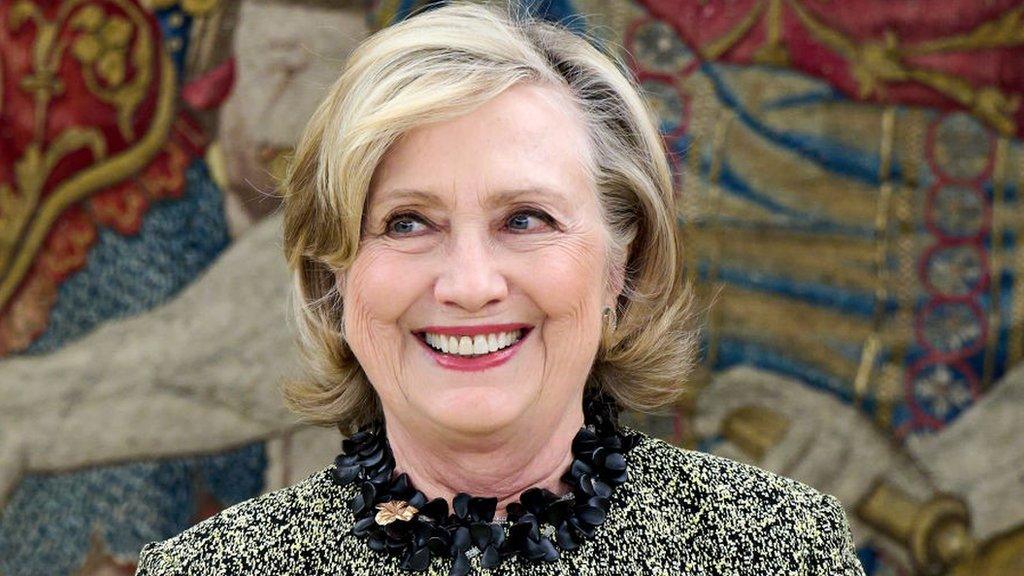
- Published23 August 2023
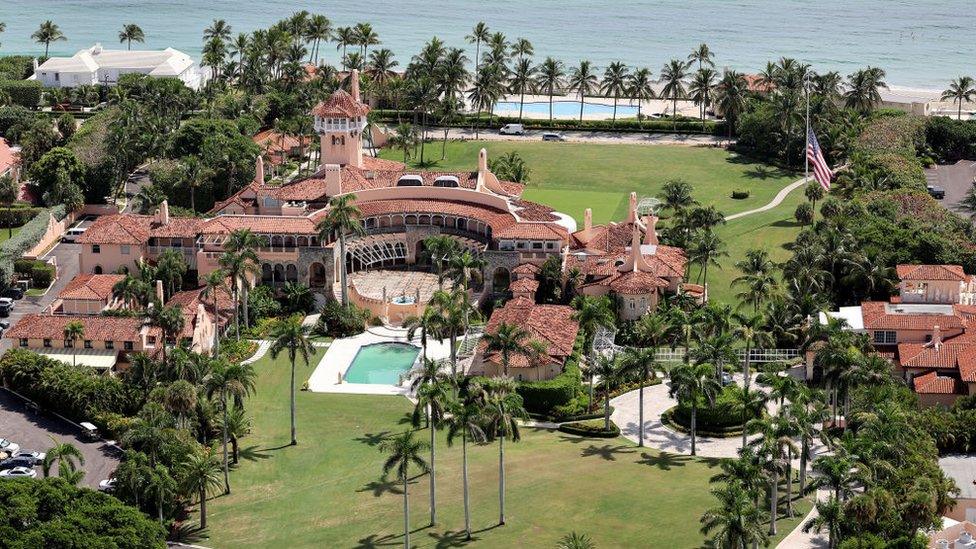
- Published26 June 2023
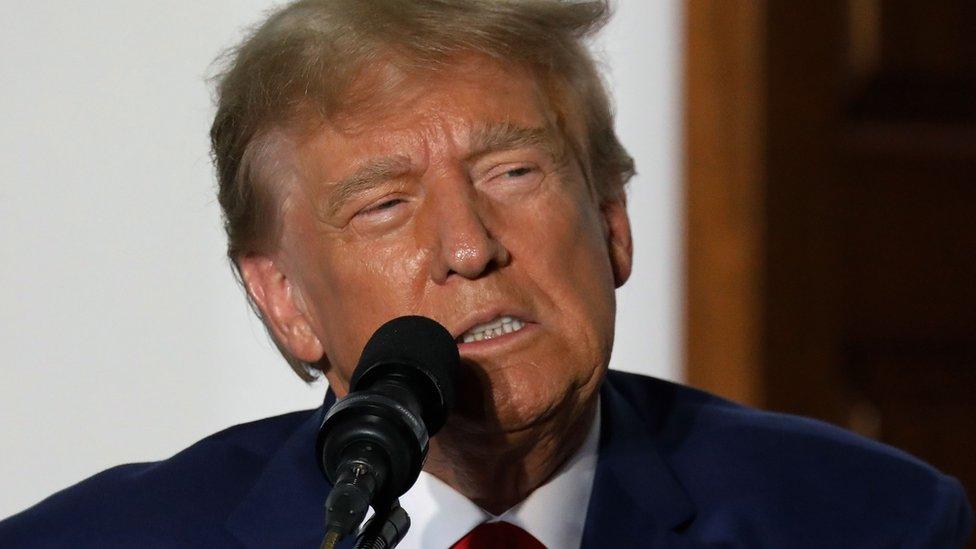
- Published14 June 2023
